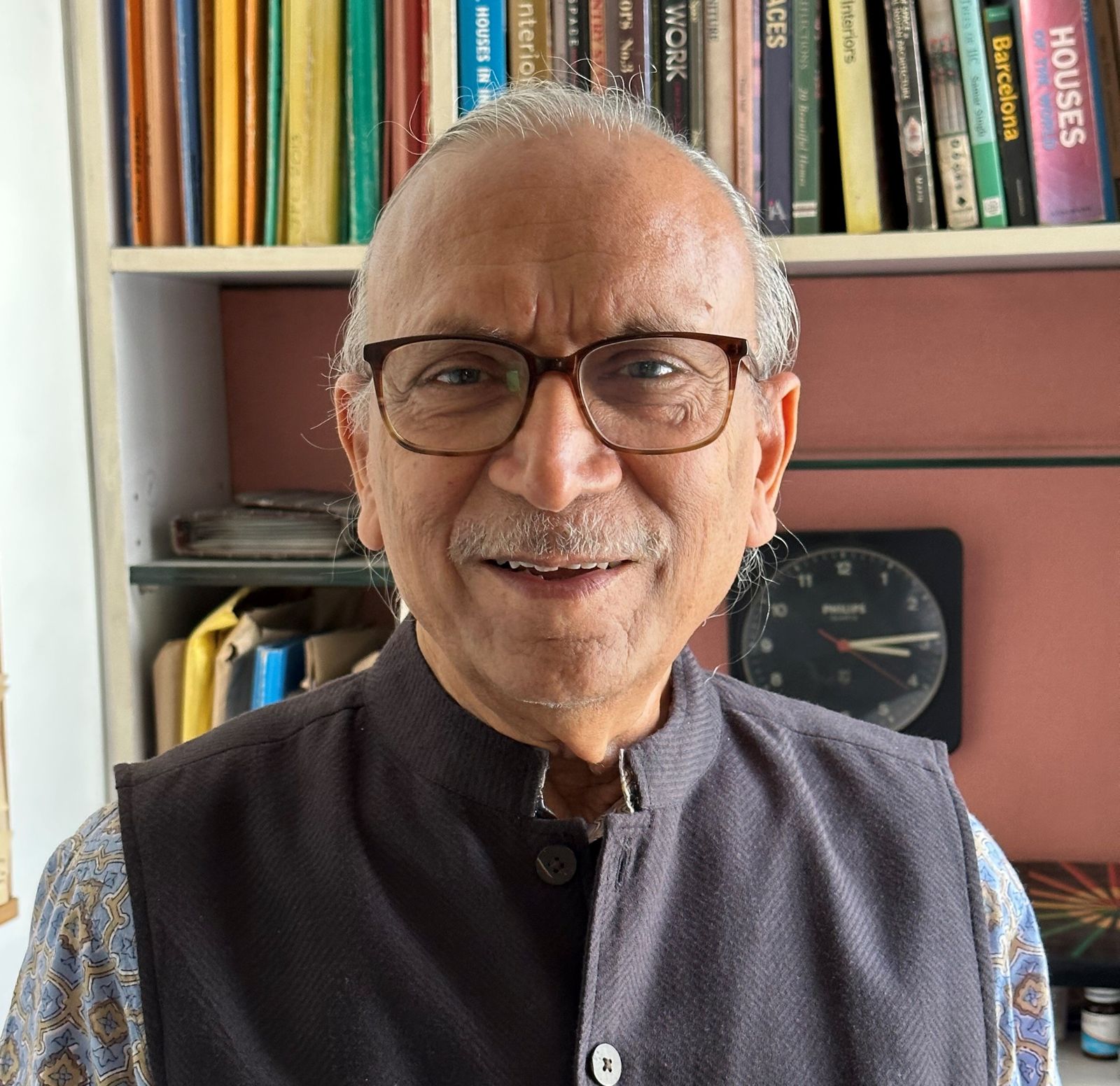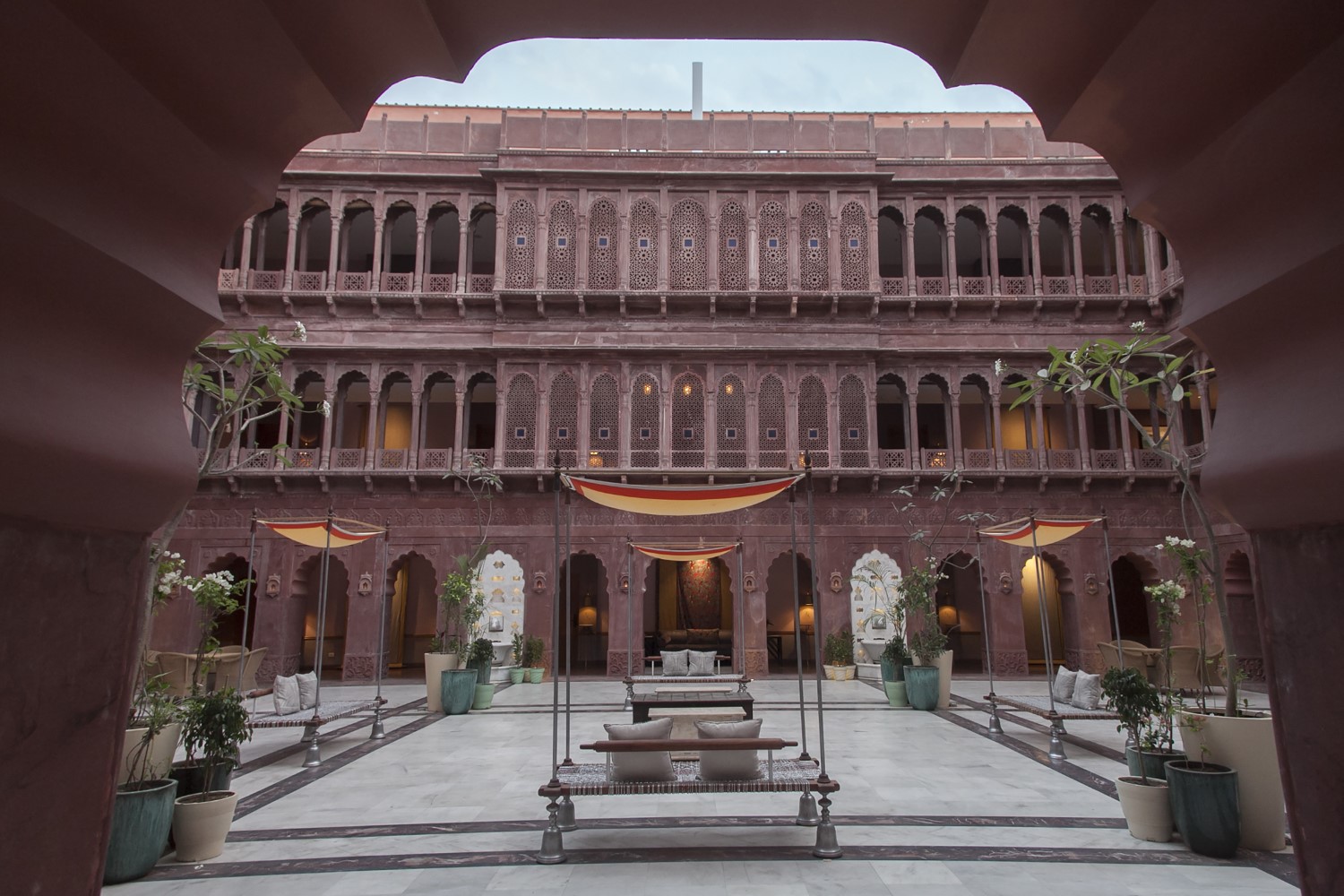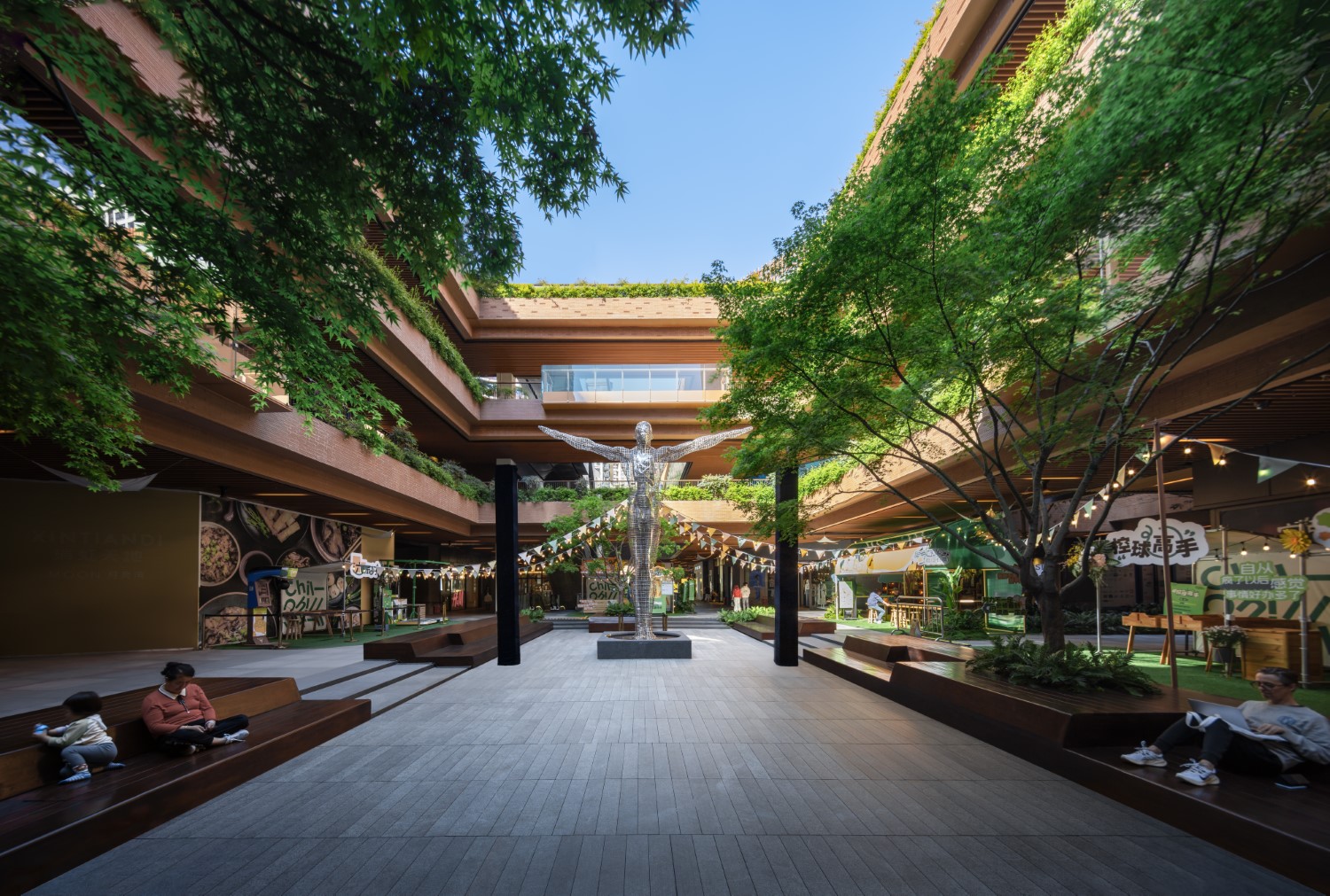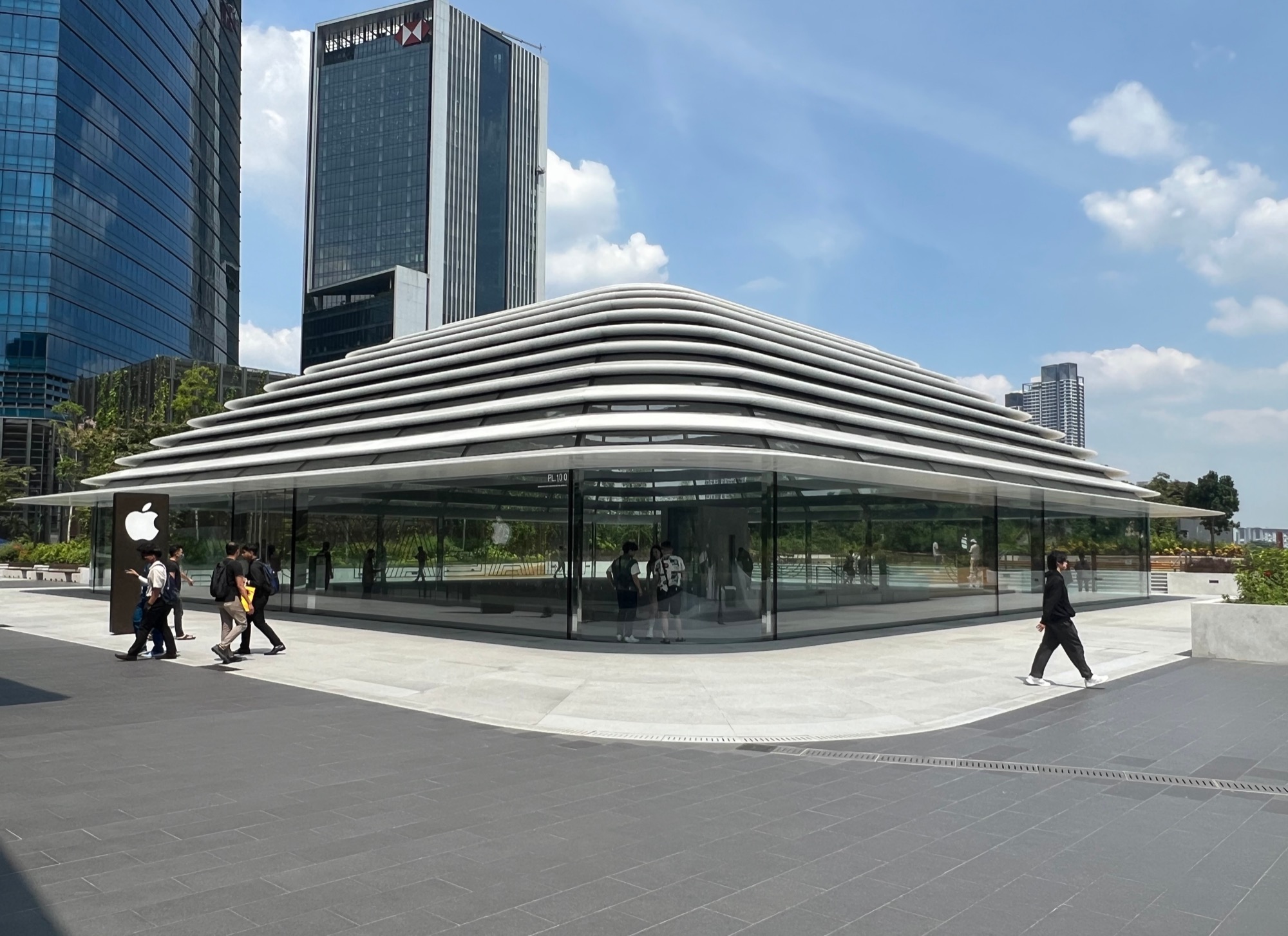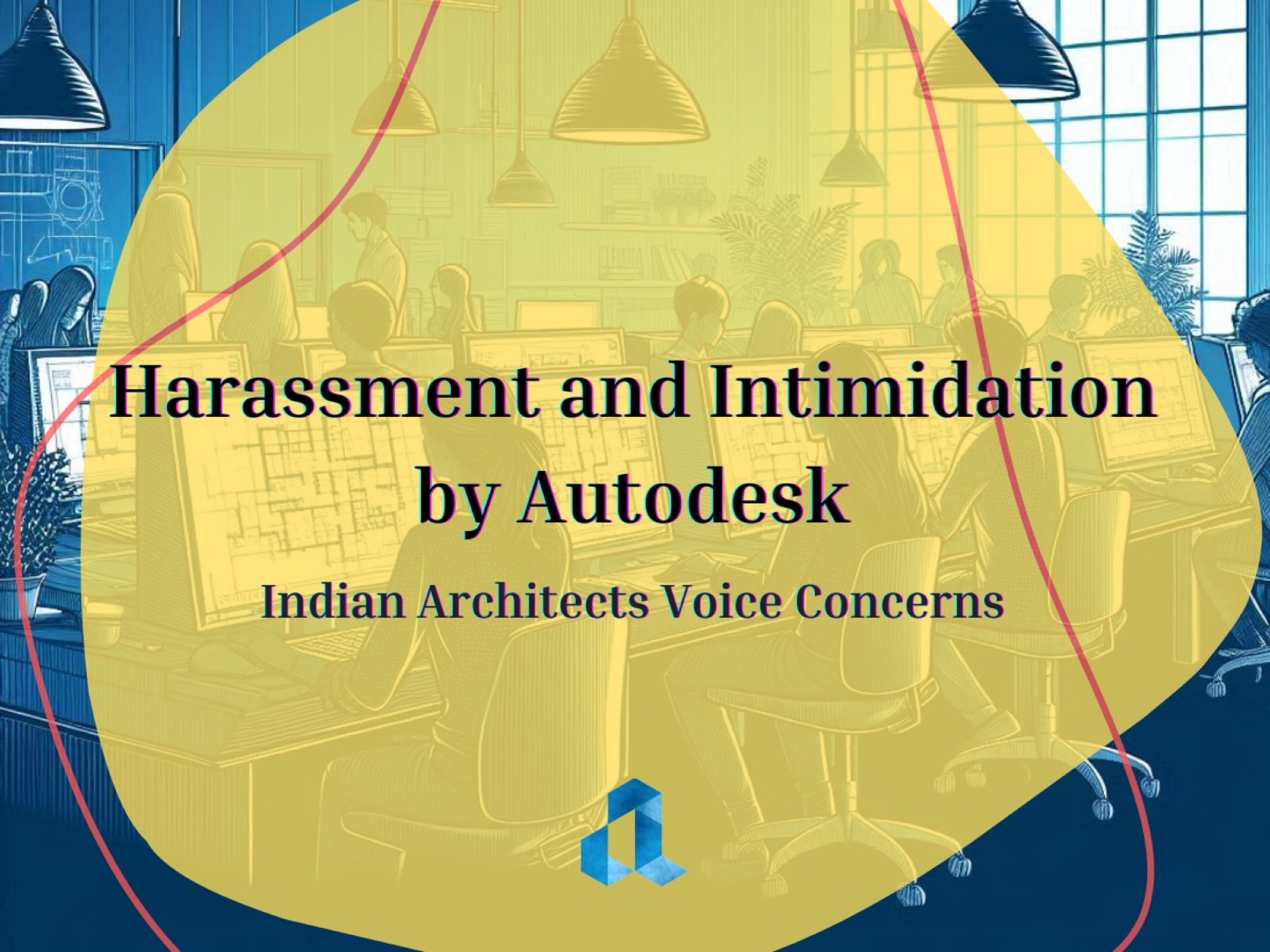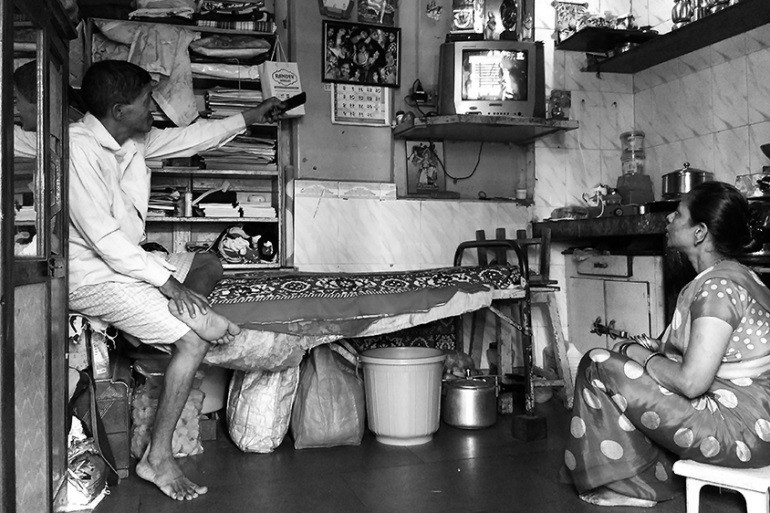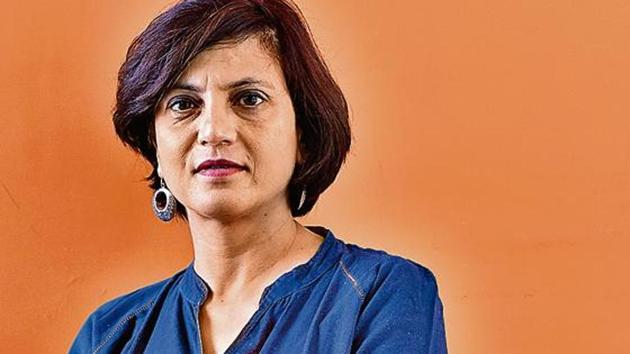Together with Roli Books and CMYK, Morphogenesis organized a book reading on 10th August, 2017, at the CMYK Bookstore in Greater Kailash II, New Delhi. Titled ‘Design Discourse: The Indian Perspective in the Global Context’, the evening centered around a dialogue between Mr Aman Nath, author, architectural restorer and founder of Neemrana Hotels, and Sonali and Manit Rastogi – founder partners of Morphogenesis.
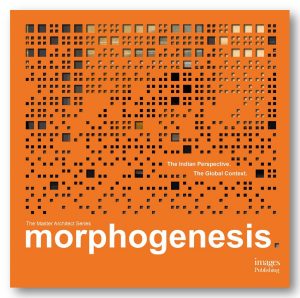
Celebrating 20 years of being at the forefront of Indian Architecture, Morphogenesis becomes the first Indian practice to feature in the Images’ Publication Master Architect Series. Launched globally at the Frankfurt Book Fair in October 2016, the firm’s first monograph- Morphogenesis: The Indian Perspective | The Global Context, released in India early March 2017. The monograph also looks at how Morphogenesis has led the way in the Indian subcontinent, in defining contemporary architecture through innovation in management processes.
Buy Morphogenesis Monogram on Amazon
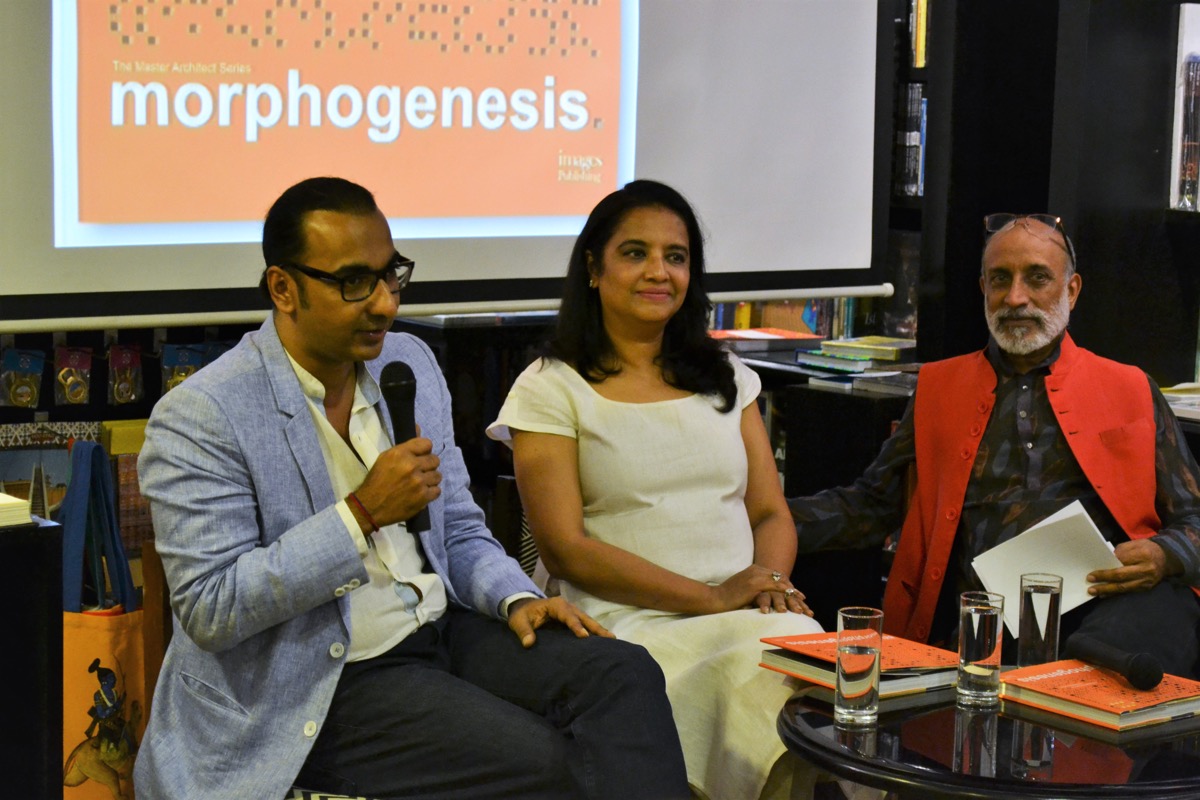
As the book and event title suggest, the conversation explored the dynamics between the Local and the Global, and the process of bringing together the best of both worlds to create ‘Design that is rooted in India yet finds its place on the global stage.’ The thought seems to be the ‘flavor of the month’ currently, not just in architecture, but in art, product design, fashion, and indeed all creative spheres. The event kicked off at 7pm to a packed house comprising of architects, fellow designers, academicians, journalists and students of design.
Introductions were followed by a reading of a passage by Mr Nath from the foreword by Michael Webb (Architecture critic and co-founder Archigram Group). Mr Nath noted that he chose the passage as it captured succinctly all that the book stood for and its relevance to the practice of architecture today. An extract:
“In this monograph, Morphogenesis lays out a few simple strategies that make perfect sense in social, economic and aesthetic terms. Their buildings are pragmatic, often frugal, always imaginative. They respond to climatic extremes and the well-being of their users… Each of these projects has a distinctive identity and a similar concern for practicality… Architects like Morphogenesis must sometimes feel as though they are carrying buckets of water to extinguish a raging inferno. But the power of example is immense. By doing the right thing, this firm may inspire a new generation of architects, business and civic leaders to embrace their vision. All that’s required is a focus on the essentials; an understanding of how much can be learned from the past and reinterpreted for a fast-changing world.”
Numerous extracts from the three chapters of Passive Design, Resource Optimisation and Contextual Identity served as triggers for an interesting interactive debate between the panelists and the audience. From the chapter on Resource Optimisation – “Sustainable urbanism is imperative, but can only mitigate environmental impacts so long as it is conceived with economic adequacy. Affordability derived from resource optimisation is as crucial to sustainable urbanism as environmental protection and socio-cultural sustainability.” Mr Nath being a natural raconteur, infused his thoughts with interesting facts, anecdotes and humour, keeping the conversation lively yet very informative. Sonali and Manit brought to the fore, their experience and learnings over the past 20 years in designing sustainably, leaving the audience with rich insights and thoughts to take away.
The evening ended with warm personal interactions between the speakers and audience, enlivened by wine and cheese.
For More information:
Please contact – Sana Jhamb
[email protected] or [email protected]
+91 9716688210

